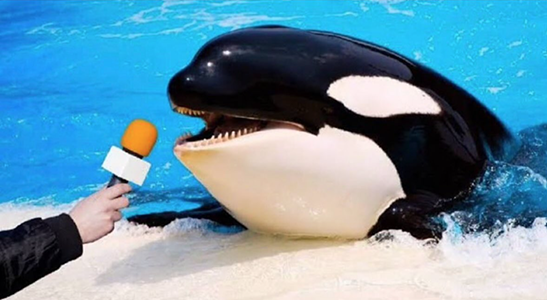— by Lin McNulty —
It’s Veterans Day. We all pretty much know what that means, and it’s not just another day of big sales. It’s the day we honor those who have served our country in the U.S. Armed Forces—some by choice, some by draft. Does how they got there make any difference? Unless you have been there, don’t pretend for even one second that you understand what that means.
What is the right thing to say to a veteran? “Thank you for your service?” Not every veteran wants to hear that. Some would rather hear “I’m sorry,” sorry we sent you into harm’s way, sorry for the things you were forced to see, sorry for the things you had to do. Others don’t even want to be acknowledged; their comfort level comes from hiding from it all, from the war, from the homecoming, from any kind of recognition.
And, for many, referring to them as a hero is not okay. They did what they had to do. Ask any one of them; they’ll tell you, “I’m not a hero.” “Hero” has become a word we use to make ourselves feel better about how we treated returning Vietnam veterans.
There is no right thing to say. It’s war. Nothing about war is right.
I have been married to two Vietnam combat veterans, one served two tours and received two Bronze Stars with V-device for valor. The other was awarded a Combat Infantryman’s Badge. They saw, smelled, heard, felt war, and those sights, sounds, and smells did not stop for the rest of their lives. There was never anything I could say that could make it, in any way, better.
So what do we say? Neither “thank you” nor “I’m sorry” will adequately express the response they need from us.
What if we say nothing? What if we just listen, and be present. Allow a veteran to express what s/he wants to tell and be a silent, willing witness. It is a tremendous gift, and often rare.








LIn, What if we listen is always a wonderful thought and response. It is truly a virtue. As a veteran of 2 branches of the United States Military I could not agree more with you on how important it is to listen to our veterans. I weep when watching any movie about any of the wars in our human history. It breaks my heart to think about what is lost when wonderful men and women are sent into harms way to defend the freedoms of those who are oppressed, concurred and slaughtered by those who seek to do so through military force. Millions of these defenders of freedom have sacrificed much over the coarse of human history that we and many others are free to express openly our thoughts and opinions. For that sacrifice, I will always say “thank you for your service” to all who have served in the defense of this great nation and all that she stands for. Whether they demanded to go, went willingly or were drug there kicking and screaming they never-the-less gave and sacrificed a great deal for the freedoms of all. To all of those who have given up so much and those who continue to do so I say “thank you for your service and all that you have given regardless of why.” That includes all law enforcement, emergency response, military and others that keep us safe and free. Pray for freedom and peace then stand ready for those who do not.
Very honest and thoughtful editorial, Lynn. Thank you.
I am always a little embarrassed, but grateful to those who take the time to thank me.
Truth be told, deep down, and sometimes not so deep, we don’t need to have anyone say anything to us. I am a Vietnam combat vet, RA two tours, and joined for reasons that were deeply personal. I saw and did things that affected me, both in a good and bad way. But I wouldn’t change a single thing. My time and experience taught me more than any school or teacher ever could.
Please do not misunderstand me. I, and I am sure all veteran’s, deeply appreciate the support of our fellow citizens. But we didn’t do it for the thanks and recognition. We did it for our beliefs, our Country, our sense of duty and our deep abiding belief in defending what we believe in. And yes, I know that, at least during my era, there were a lot of draftees who had a whole different outlook than me. But you know what: some of those draftees were the best grunts I ever humped a ruck with.
Absent friends.
Very moving, Lin. I also appreciate the distinctly different comments above. I happened to be traveling over the few days surrounding Veterans Day. Out of my usual media element, I was reminded of the infinitely scaled opinions about war, freedom, and military engagement. Voltaire, anyone?